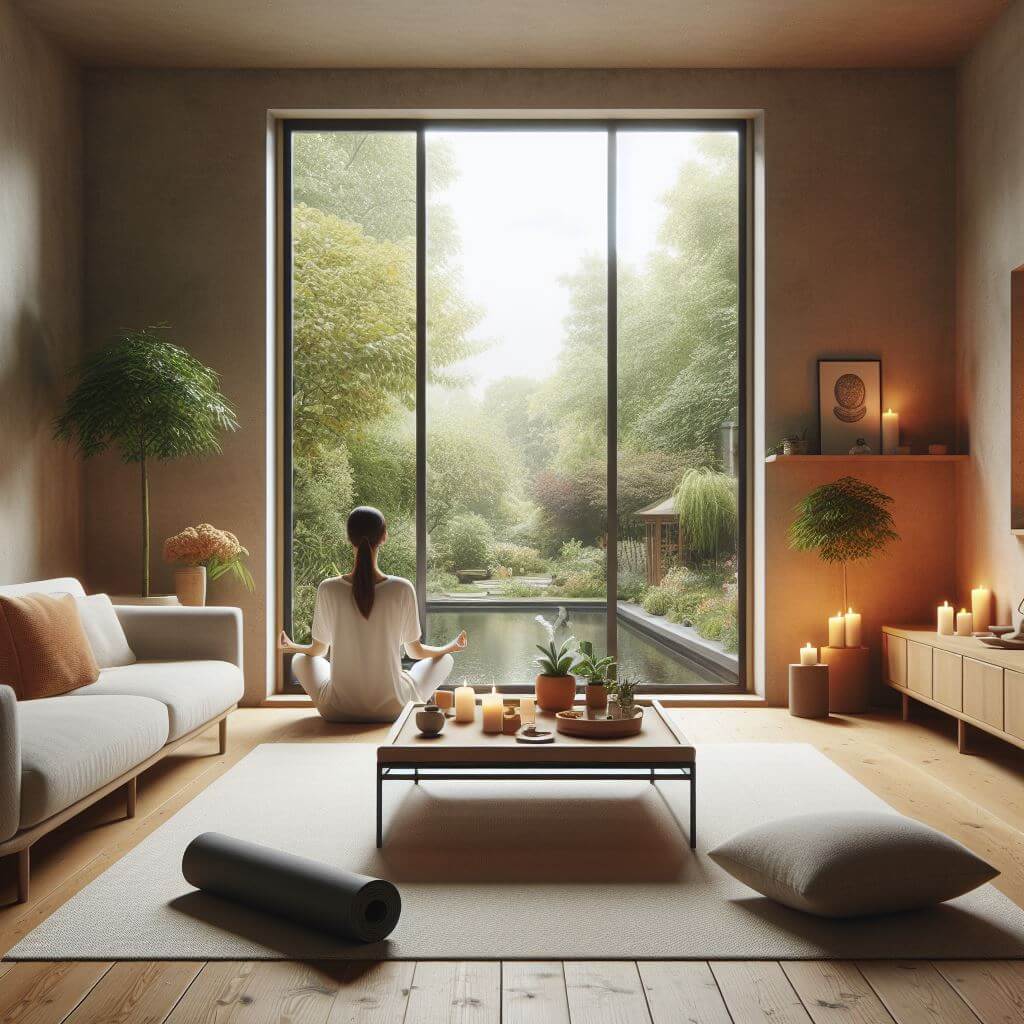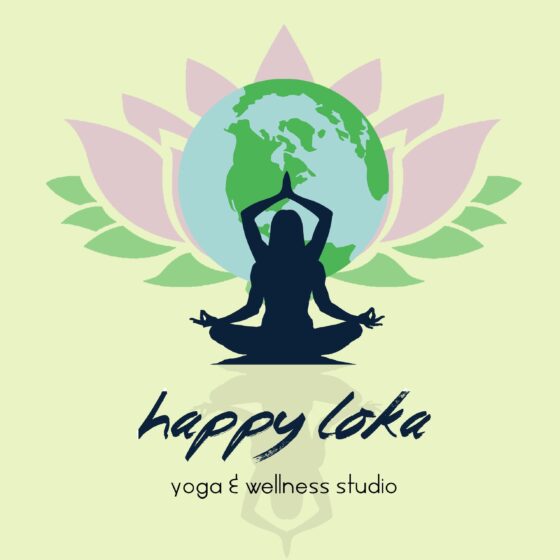The creative mind is a wonder, a realm where imagination and reality intersect to create the extraordinary out of the ordinary. At its core, creativity is not limited to art; it is a fundamental aspect of human cognition that encompasses problem-solving, innovation, and the ability to perceive the world in new ways. Each person has a unique creative potential, a reservoir of ideas and visions that are waiting to be revealed and expressed. However, accessing this reservoir requires more than just the intention to create; it requires an understanding of how our minds work and the conditions under which our creativity flourishes.
One of the most important aspects of nurturing creativity is recognizing the role of our subconscious. Much of our creative processing occurs below the surface of our consciousness, in the realm where connections are made without our explicit guidance. That’s why some of our best ideas come to us when we’re not actively trying to be creative—in the shower, on a leisurely walk, or right before we fall asleep. Our subconscious works on problems and ideas in the background, making unexpected connections and associations that often lead to innovative solutions and creative breakthroughs.
Creativity is not a constant; it ebbs and flows. It can be influenced by our emotional state, environment, and even the people around us. Stress, fatigue, and distractions can stifle creative thinking, making it difficult to tap into your inner source of ideas. Conversely, when we feel relaxed, valued, and stimulated, our minds are more likely to produce creative thoughts. This sensitive nature of our creative capacity emphasizes the need for a supportive environment and practices that encourage our minds to be creative.
 Understanding the creative mind also involves embracing ambiguity and the unknown. The creative process is rarely linear; it often involves risk, experimentation, and a willingness to fail. Creativity thrives in a space where uncertainty is not just tolerated but welcomed as a catalyst for exploration and discovery. This openness to ambiguity challenges our conventional ways of thinking and allows for new and often unexpected avenues of creative expression.
Understanding the creative mind also involves embracing ambiguity and the unknown. The creative process is rarely linear; it often involves risk, experimentation, and a willingness to fail. Creativity thrives in a space where uncertainty is not just tolerated but welcomed as a catalyst for exploration and discovery. This openness to ambiguity challenges our conventional ways of thinking and allows for new and often unexpected avenues of creative expression.
By creating an environment that respects the complexity of the creative mind and implementing practices that match its natural rhythms, we can unlock the immense creative potential that resides within each of us. Meditation, as viewed in the larger context of this article, is one of the powerful tools at our disposal to achieve this alignment, offering a bridge to the vast, often untapped well of creativity that lies just beneath the surface of our consciousness.
The Power Of Meditation In Revealing Creativity
The transformative power of meditation to unlock creativity is deep and multifaceted, tapping into the very core of our mental processes to create an environment where creativity can flourish. At its core, meditation serves as a conduit to a deeper understanding and connection with our inner self, creating the mental and emotional space necessary for creative thought to flourish. By engaging in regular meditation, we begin a shift in how our brain functions, away from instinctual “fight or flight” responses controlled by the amygdala to a more reflective, open state facilitated by the prefrontal cortex. This shift is critical to creativity because it allows us to go beyond our usual patterns of thinking and embrace new, innovative ideas.
Meditation’s ability to cultivate mindfulness and presence is another key aspect of its role in enhancing creativity. By training our minds to focus on the present moment without distraction, we sharpen our sensory perception and open ourselves to a wider range of inputs and experiences. This heightened sensory awareness enriches our creative palette, providing new textures, colors, and patterns that we can weave into our creative work. In addition, mindfulness meditation encourages us to observe our thoughts and feelings without judgment, helping to create a psychological space where we can experiment with ideas without fear of criticism. This nonjudgmental awareness is essential to creativity because it allows us to explore uncharted territories of thought and expression with confidence and curiosity.
Meditation stimulates the brain’s default network (DMN), a network of brain regions that become active when we are not focused on the outside world and the brain is waking, such as during dreams, imagining the future, and recalling memories. The DMN plays a critical role in generating creative ideas because it enables us to make new associations between seemingly unrelated concepts, a hallmark of creative thinking. By engaging the DMN, meditation creates fertile ground for serendipitous connections that fuel innovation and artistic expression.
Meditation’s role in reducing stress and improving emotional well-being cannot be overstated in its importance to creativity. Stress and negative emotions can limit our cognitive abilities, making creative thinking difficult. By easing these mental barriers, meditation not only clears the way for creative thought but also imbues us with the resilience and emotional flexibility needed to engage deeply in creative pursuits, even in the face of challenges and setbacks.
Practical Ways To Combine Meditation With Artistic Practices
Integrating meditation into artistic practices provides a harmonious combination that can greatly enhance creativity. This integration is not just about adding a new habit; it’s about creating a synergy between mindfulness and art that enriches the creative process. Let’s delve deeper into practical ways to combine meditation with artistic endeavors to unlock the source of creativity.
Starting the day with meditation lays the foundation for peace and clarity. This practice does not require many hours of work; a short session each morning can make a big difference in how you think throughout the day. By clearing mental clutter from the get-go, you create a blank canvas in your mind ready to fill with innovative ideas and artistic visions. This clarity and focus are especially useful for artists as they navigate the complexities of the creative process, allowing them to approach their work with fresh eyes every day.
Incorporating meditation before diving into creative work acts as a mental transition, helping to move from the hustle and bustle of everyday life to a more introspective and creative space. This can be especially helpful when working on complex projects or when trying to overcome artistic blocks. A few minutes of mindfulness can remove the barriers of stress and anxiety, making room for a state of flow where creativity becomes almost effortless. It’s like tuning an instrument before a performance, ensuring that your mind is perfectly attuned to the art you’re about to create.
Using meditation to navigate creative blocks is another practical approach with huge benefits. Creative blocks often arise from fear, doubt, or overwhelm, emotions that meditation can help alleviate. By engaging in mindfulness practices during these challenging times, you can gently guide your mind away from spiraling thoughts into a state of openness and receptivity. This shift in perspective can be the key to opening up new creative avenues and finding solutions that were previously obscured by mental fog.
Keeping a meditation journal offers a reflective component to both your meditation and creative practice. This journal can be a place to record ideas, emotions, and insights that arise during meditation, serving as a bridge between your meditative experience and artistic expression. Over time, this journal can become a treasure trove of inspiration, a reminder of the growth and discoveries made along the way. Additionally, reviewing this journal can offer new connections and insights, fueling future creative endeavors with depth and authenticity.
